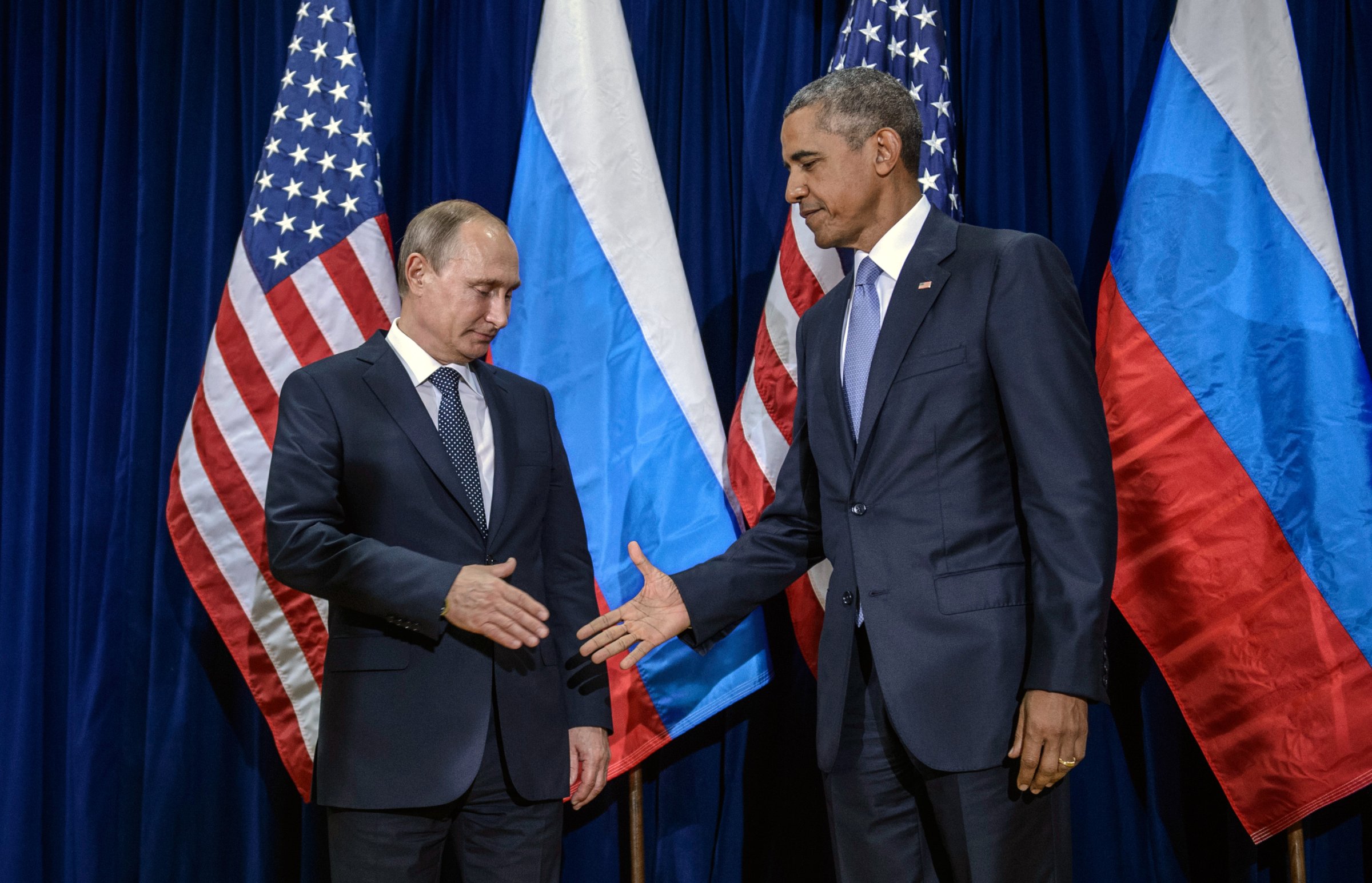
As we contemplate the lazy days of late August, we need to bear in mind that a reckoning is coming sooner rather than later in Western relations with the Russian Federation. It is easy to feel the slow burn in Moscow watching the Olympics unfold with so many Russian athletes justifiably barred from the competition. Russia also feels intense frustration over the ongoing sanctions imposed following the invasion of Ukraine and the annexation of Crimea, as well as the increasing costs of Syrian operations in support of the brutal dictator Bashar al-Assad, which also continues to sour relations with the U.S. and Europe.
There are indications that Russian President Vladimir Putin is preparing to shake up the game as he has done in the past during the distractions of summer vacations in the West. These August surprises have included the invasions of Ukraine in 2014 and Georgia in 2008. He continues to seek a “grand bargain” with the West that would include negotiating a mutually acceptable endgame in Syria; directing Russian firepower more strongly against ISIS; creating an international accommodation on Ukraine that ends the fighting, recognizes Russian sovereignty in Crimea and ensures the rights of Russian-speaking minorities throughout the rest of the country; freezing NATO both in terms of additional members and operational practice; and above all lifting the economic sanctions directed against his nation and various senior Russian leaders.
As always, when trying to understand Russia, go back to Russian literature. The greatest of Russian novelists, Fyodor Dostoyevsky is often quoted as saying: “Much unhappiness has come into the world because of bewilderment and things left unsaid.” We are in danger of approaching that point with Russia, and now is the time to think more coherently and realistically about a unified and strategic Western approach to Putin’s Russia.
First, we must reassure our NATO allies and solidify the Alliance position concerning Russia. This means engaging constantly with our NATO allies and ensuring that we reassure the understandably nervous Eastern Europeans—principally Poland and the Baltic nations, but also our allies along the Black Sea littoral. We can do this most effectively through a program of exercises and military operations, including rotational stationing of ground forces, warship deployments to the Baltic and Black Seas and defensive air patrols to counter Russian incursions into NATO airspace.
Second, maintaining control of the sanctions regime is crucial. It is by far the most important point of leverage with Russia, and the work of German Chancellor Angela Merkel thus far holding the European Union together has been impressive. We need to actively support the Chancellor as she battles on the European front with maintaining E.U. solidarity, especially given the uncertainties engendered by the recent vote for Brexit.
Third, the United States should continue to leverage the broader international community in condemning Russian behavior when it steps clearly beyond the limits of international law. This includes using a wide variety of international fora to highlight everything from the penalties applied to Russian doping in the Olympics and other international competitions to publicizing illegal cyber hacks of sensitive internal political processes here in the United States to the ongoing fermenting of violence in Ukraine. We should confront where we must to uphold such widely regarded standards of international behavior.
Fourth and most important, in the midst of this summer of discontent emanating from both sides, we must keep open our communications pathways, which are increasingly in danger of shutting down. It is in no one’s interest to stumble backwards into another full-blown Cold War, but that possibility seems more likely with each passing week. How do we do this?
There are a group of distinct issues upon which cooperation is possible with Russia. Certainly Russia and the West share a common hope of stabilizing Afghanistan, and our cooperation there is not insignificant. Additionally, we have well-trodden mechanisms for reducing the dangers of military confrontation through accidental or inadvertent collisions at sea or in the air, including “hot lines” between senior military leaders. These should be exercised often. We have in the past shared a reasonable level of intelligence in fields like counter-terrorism and counter-narcotics. We have operated together in counter-piracy, the subject of many discussions I held personally with senior Russian civilian and military leaders. We must continue to seek zones of cooperation upon which we can build.
In the end our best hope for a “grand bargain” is not in a sweeping package that comes together at a single point in time. While attractive to contemplate, such a sudden strategic outcome is a chimera. Our best hope lies in adopting a transactional approach that says we will confront where we must—when violations of international law are truly egregious—but cooperate where we can. Such an approach will afford us the best hope of steering through this summer of discontent and finding, over time, a meaningful modus vivendi with Russia. As General Kutuzov said in Tolstoy’s War in Peace: “there is nothing stronger than those two, patience and time, they will do it all.” We will need both to deal with Russia, along with a plan.
More Must-Reads From TIME
- The 100 Most Influential People of 2024
- Coco Gauff Is Playing for Herself Now
- Scenes From Pro-Palestinian Encampments Across U.S. Universities
- 6 Compliments That Land Every Time
- If You're Dating Right Now , You're Brave: Column
- The AI That Could Heal a Divided Internet
- Fallout Is a Brilliant Model for the Future of Video Game Adaptations
- Want Weekly Recs on What to Watch, Read, and More? Sign Up for Worth Your Time
Contact us at letters@time.com